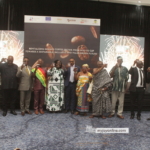
Coffee Federation Ghana, an umbrella body of Ghanaian coffee farmers that advocates for the development and transformation of Ghana’s coffee sector, has renewed its commitment to reposition the coffee industry to unravel its maximum benefits for Ghanaians.
The Federation is set to roll out its latest strategic plan to revitalise the coffee value chain in Ghana, focusing on inclusiveness.
This was disclosed by the federation’s president, Mr Samuel Adimado, during the launch of the 2025 Ghana Coffee Week at Palms Hotel in Accra.
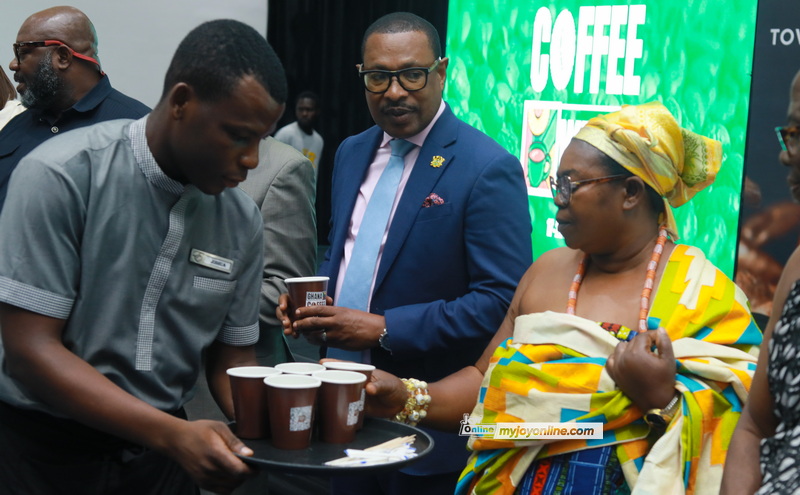
Under the theme, “Revitalising Ghana’s Coffee Sector From Seed to Cup towards Sustainable, Inclusive and Value-Driven Future”, the week-long celebration has a line-up of activities that include a coffee exhibition this Saturday at Nyaneba Estate at Osu and media training for journalists to enable them to report effectively on the coffee industry.
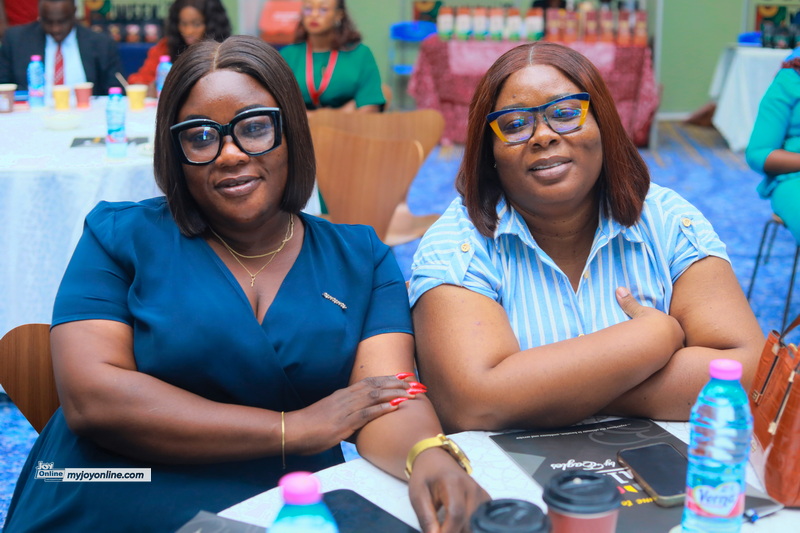
This initiative aims to boost the country’s coffee production and exports, creating jobs and contributing to Ghana’s economic growth.
The goals of this year’s celebration, among other things, include taking a critical look at improving the coffee industry’s competitiveness, supporting farmers, and increasing exports to contribute to economic growth.
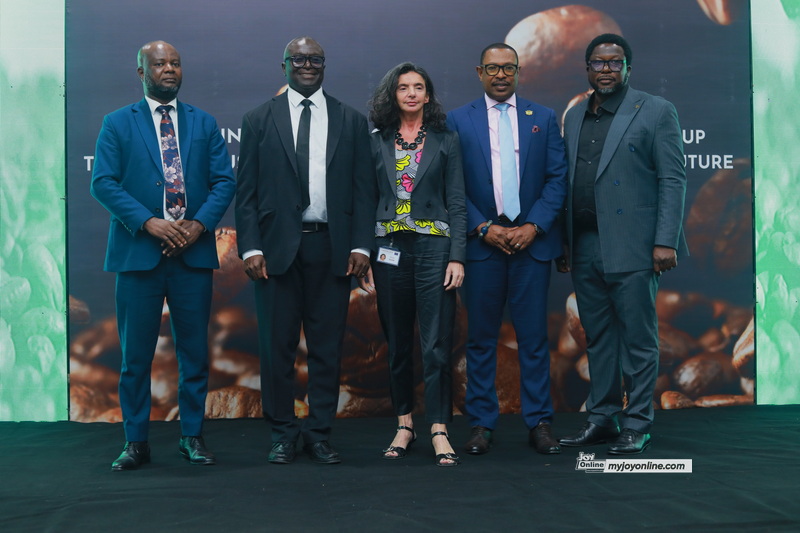
The Federation has called for government and financial institution investment in the sector, citing challenges like limited access to finance, poor infrastructure, and a lack of institutional support.
The program offers a wider platform to promote Ghana’s unique seed-to-cup culture.
It also brings together farmers, youth, women, baristas, SMEs institutions, and consumers to build a sustainable, inclusive, and value-driven future for the sector
The plan involves several key strategies, producing one million seedlings for coffee farmers every year translates to just 600 hectares, which is not a significant amount, but will be increased in the subsequent years.
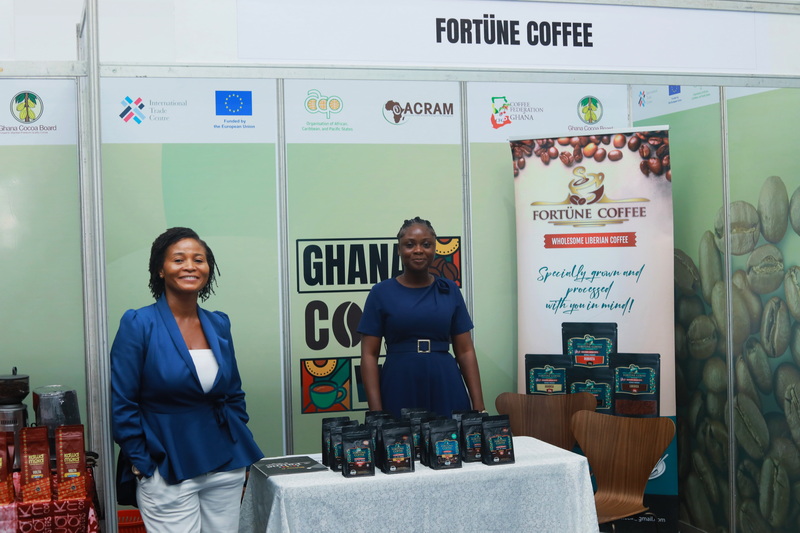
Investing in Infrastructure to improve infrastructure, such as roads and processing facilities, to reduce post-harvest losses and enhance coffee quality.
Providing training and support to farmers, including access to high-quality seeds and fertilisers.
Enhancing market access for Ghanaian coffee, both locally and internationally.
In an interview after the launch, Mr Adimado said Ghana has more land area that is suitable for coffee growing than cocoa, and yet the country is not even focusing on coffee.
These justifications enabled the International Trade Centre to factor Ghana into the business-friendly program, where coffee was one of the key enterprises they were looking at.
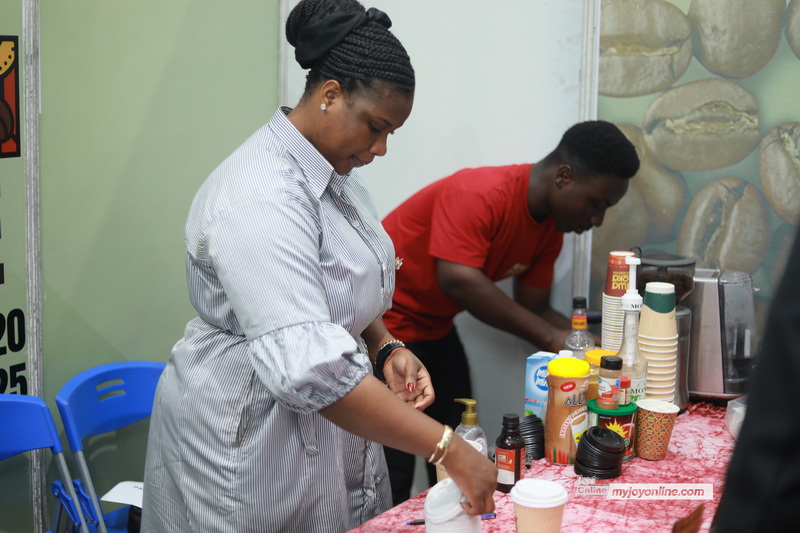
He stated that Ghana can strategically revitalise its coffee industry because we were once a coffee-growing economy, adding that cocoa farmers can now go into coffee because cocoa and coffee do well on the same soil.
When it comes to coffee post-harvest management, it is not a struggle.
According to him, Ghana produces high-quality coffee varieties, such as Robusta, the dominant variety, accounting for most of Ghana’s coffee production
– Arabica: Grown in limited quantities, mainly in high-altitude areas
– Bourbon: A popular Arabica variety, known for its distinct flavour profile. Catimor, another Arabica variety, is cultivated in specific regions.
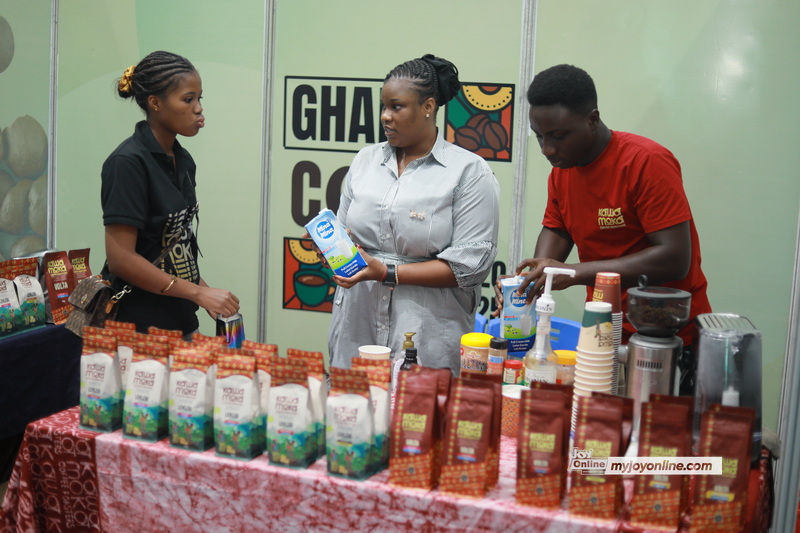
Over the years, Robusta has been feeding into the speciality coffee market, where you can diversify and create many recipes, and that positions Ghana well to revitalise coffee and make it more appealing for investors.
Mr Adimado revealed that Ghana has learnt lessons from the global coffee collapse some years back, so the focus is to build a robust value chain, through which it will ensure diversification of coffee processing.
He said that one of the federation’s major priorities is to make the coffee sector more attractive and appealing so that anybody with a little money to invest in the agriculture sector will look at coffee.
They can look at coffee and have the confidence that as they grow their business, no government institution will one day come and say they are taking control of coffee for the government to export and manage everything he said.
We are calling on government institutions to provide the supporting systems needed for the private sector to be at the forefront of our coffee growth.
The government should give the same attention given to cocoa farmers to coffee farmers, especially with the supply of coffee seedlings.
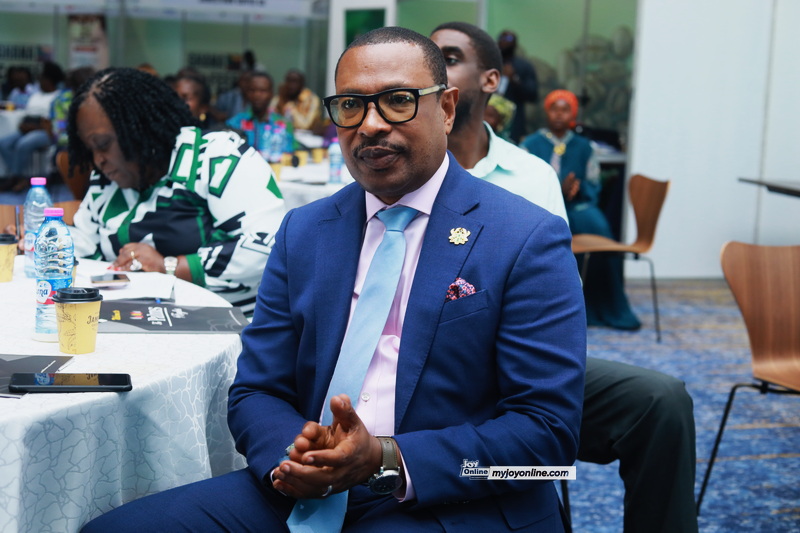
We are engaging state institutions and international bodies for support to encourage the private sector to be at the forefront of our coffee promotion.
Head of Innovative Finance, Partnership and Markets, 24 Hour Economy Secretariat, Office of the President, Dr Ishmael Nii Dodoo, said the future looks brighter for the Ghanaian coffee industry because Ghana produces Robusta coffee, which represents 40 per cent of globally traded coffee.
Ghana has a huge opportunity for the production of Robusta coffee; that’s actually the variety that naturally grows in the country.
Dr Dodoo proposed to the Ministry of Trade to rope the coffee industry into the government’s flagship 24-hour economy program.
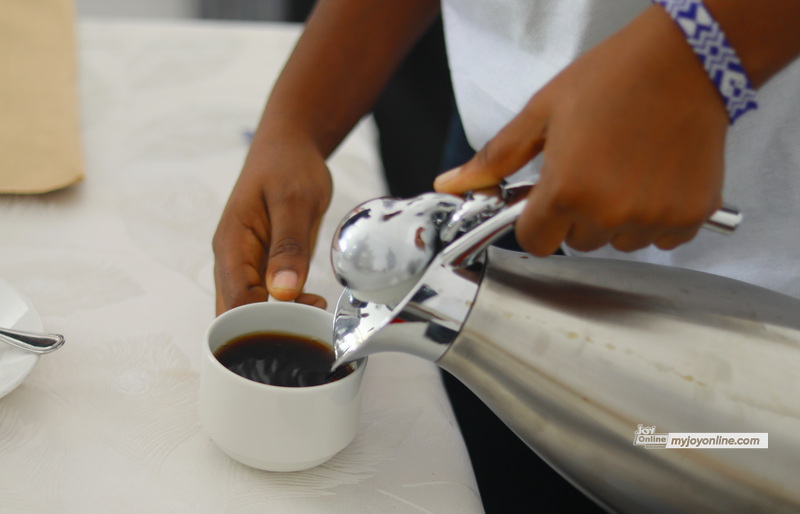
Since 40 per cent of globally traded coffee is actually Robusta, and Ghana has tremendous potential to grow it alongside many other commodities in the value chain, why don’t we create a “Coffee Corridor”? asks Dr Ishmael.
We’re going to work with them to create a “Grow Coffee Corridor” where we would then invest all along the value chain, all the players or stakeholders, from cooperatives and farmers to collectors, gatherers, packagers, baristas, and roasters.
He announced that the government is putting up an SME facility to support the coffee industry players.
He said the 24-hour economy secretariat is already engaging the Coffee Federation, along with other commodity federations.
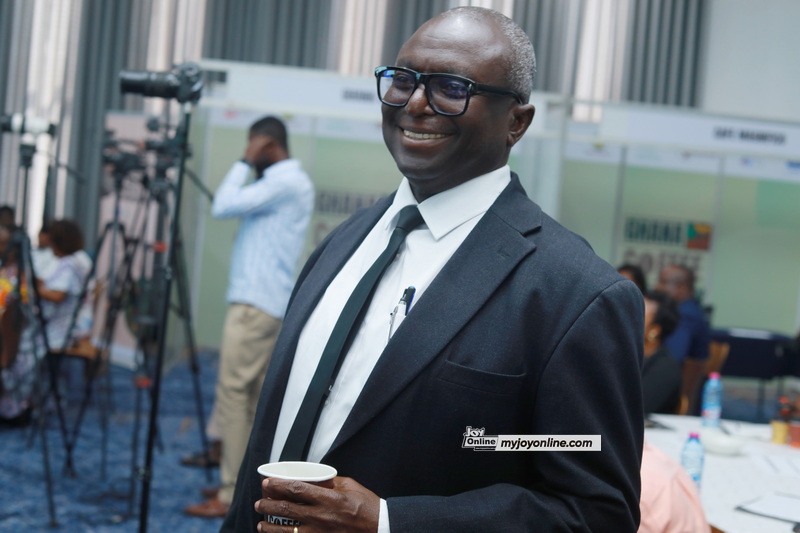
On his part, the National Coordinator, Alliances for Action Programmes at the International Trade Centre, Mr Lawrence Attipoe, said that Ghana is emerging at a time when global demand for quality robusta coffee is sharply rising.
He cautioned that, to compete globally, Ghana must invest in quality improvement, climate-resilient practice, efficient primary processing, strong cooperatives, youth, and women’s leadership, market linkages, and brand visibility.
Mr Attipoe explained that the Sustained transformation needs strong national leadership and continuous collaboration with the government and private sector.
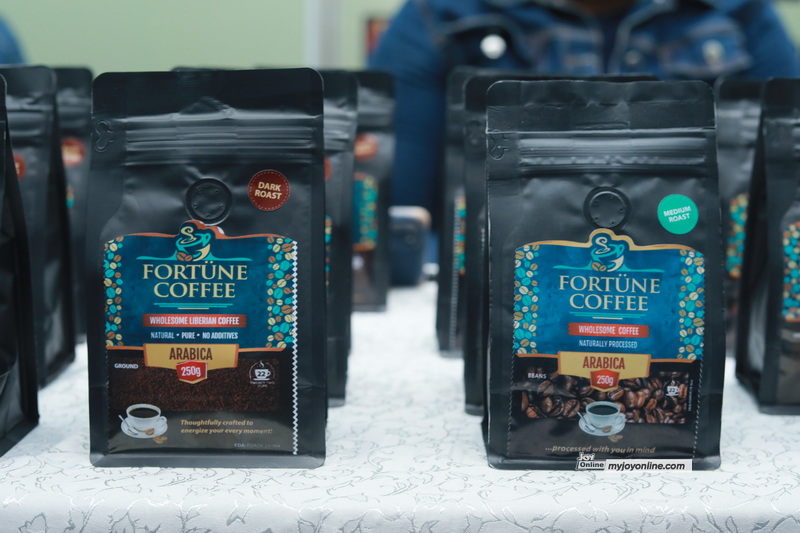
He highlights how the coffee sector aligns with Ghana’s broader development priorities.
According to him, the Volta Region is a key coffee-producing zone, so the establishment of agri-parks in the region offers new opportunities for processing, job creation, and entrepreneurship linking rural production areas to national and export markets.
He predicted that Coffee can become a driver of green industrialisation in these corridors.
Dr Akosua Agbley, CEO of Fortune Coffee, a local coffee manufacturer, highlighted the benefits of coffee consumption.
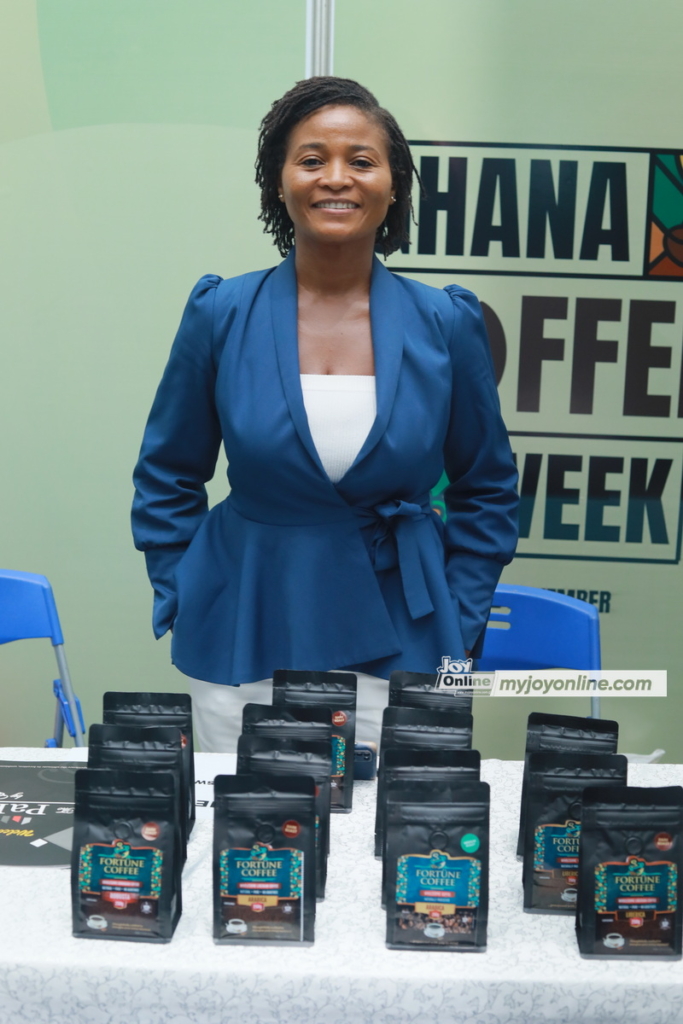
She explained that coffee does contain antioxidants, which can help protect against cell damage and promote overall health.
Moderate coffee consumption has been linked to various health benefits, including energy boost, alertness, and reduced fatigue.
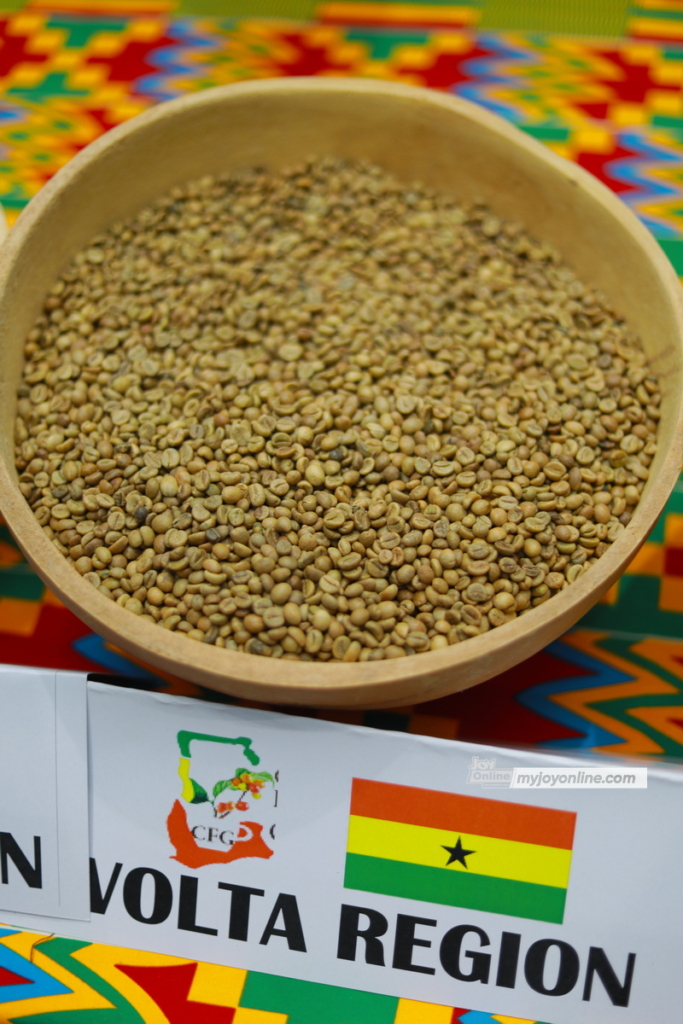
Coffee consumption has been linked to improved cognitive function, including attention and memory.
Dr Agbley urged Ghanaians to incorporate coffee into their daily routine, which can have positive effects on overall health and productivity.
As Ghana’s coffee industry grows, it’s great to see the focus on educating consumers about the benefits of coffee, adding that Coffee is the healthiest alternative for those who rely on refined energy drinks.